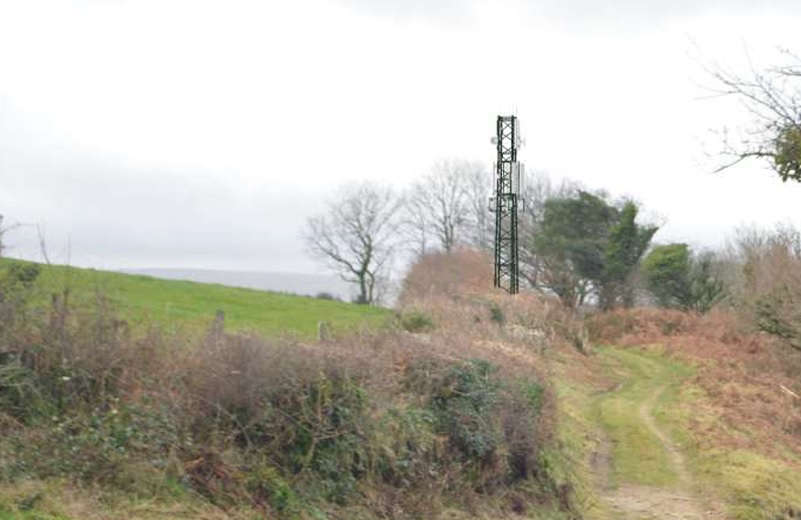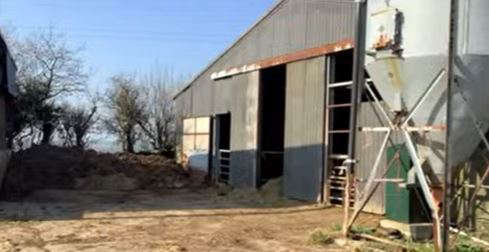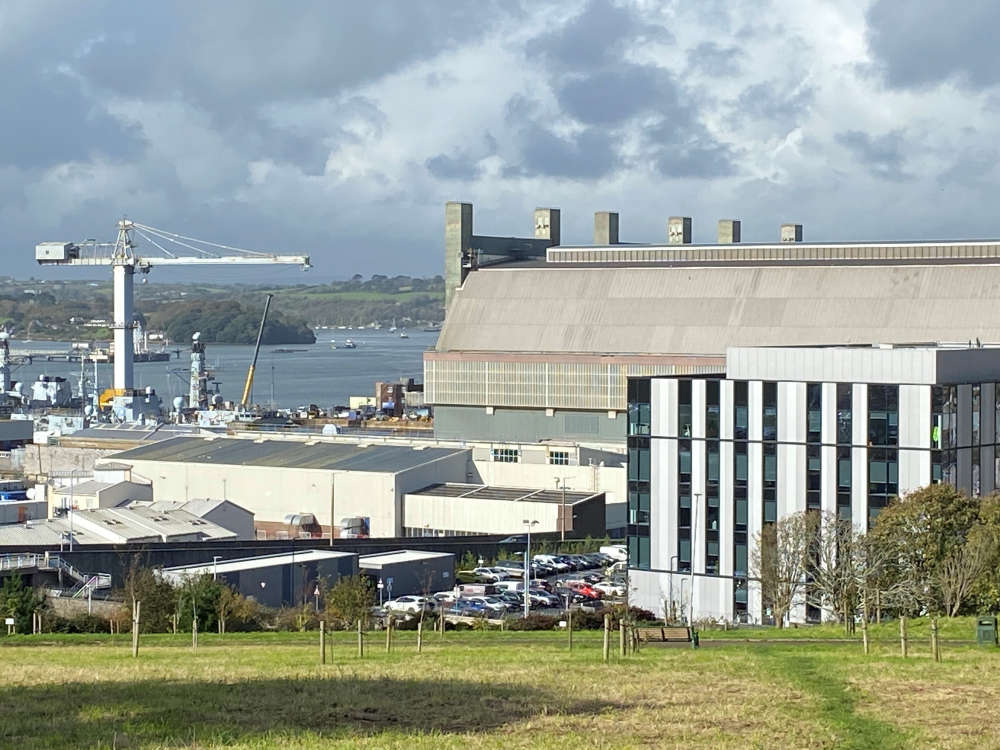
Lowest weekly rate since crisis began
The number of new coronavirus cases recorded across Devon in the past week has fallen to its lowest level since the first cases were confirmed at the start of March.
Of six new cases, three are in Exeter, and one each in East Devon, Plymouth and Torbay. No new cases were recorded in the previous seven days in the South Hams, Teignbridge, Mid Devon, North Devon, Torridge and West Devon.
Across Devon and Cornwall, a total of 2,013 positive cases have now been recorded.
The figures come from the Government coronavirus data dashboard which is updated daily at https://coronavirus.data.gov.uk/#category=ltlas&map=rate
Health experts advising the government say the location of where the R rate of infection for the disease is lowest is in the south west, with a range of 0.6-0.9, down from the 0.8-1.1 estimated last week.
The region stretches from Cornwall to Dorset and Gloucestershire, and in the previous 10 days, every single one of the 29 regions are averaging fewer than two confirmed cases a day.
Torridge remains the district in England with the lowest positive case infection rate of anywhere, with the South Hams sixth, West Devon seventh, North Devon eighth, East Devon tenth, Teignbridge 16th, Mid Devon 24th, Exeter 29th, Plymouth 32nd and Torbay 52nd out of the 316 English council districts.
Torridge is also the area with the third lowest number of cases, with only Rutland – the small county in England, and the City of London, an administrative region covering the Square Mile and populated by just 9,000 people – having had fewer cases.
The covid-19 cases are identified by taking specimens from people and sending these specimens to laboratories around the UK to be tested. If the test is positive, this is a referred to as a lab-confirmed case. Confirmed positive cases are matched to ONS geographical area codes using the home postcode of the person tested.
The data is now shown by the date the specimen was taken from the person being tested and while it gives a useful analysis of the progression of cases over time, it does mean that the latest days’ figures may be incomplete.
 Dartmoor phone mast gets the go-ahead
Dartmoor phone mast gets the go-ahead
 Livestock processing plant refused at Shebbear
Livestock processing plant refused at Shebbear
 Devoncast - New lives for two Devon landmarks and the mysteries of AI
Devoncast - New lives for two Devon landmarks and the mysteries of AI
 Two Devon warships could be sold to Brazil
Two Devon warships could be sold to Brazil
 Devon police dog honoured
Devon police dog honoured
 Schizophrenic knifeman given indefinite hospital order
Schizophrenic knifeman given indefinite hospital order
